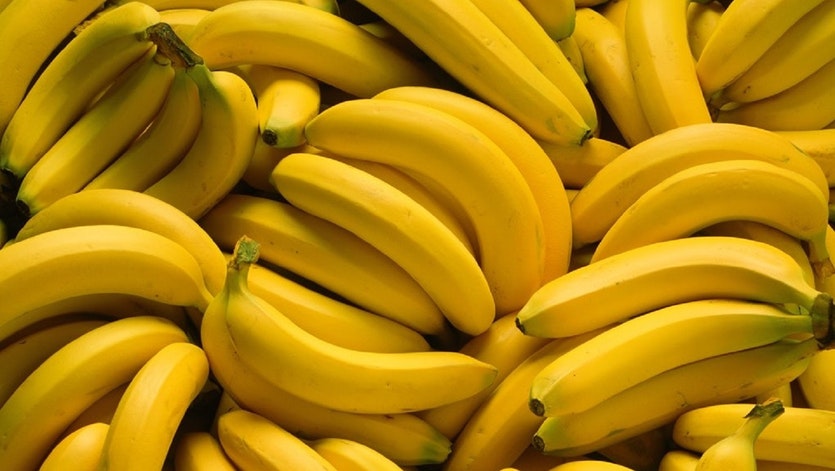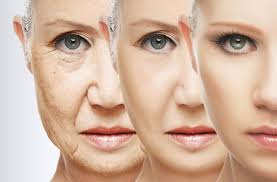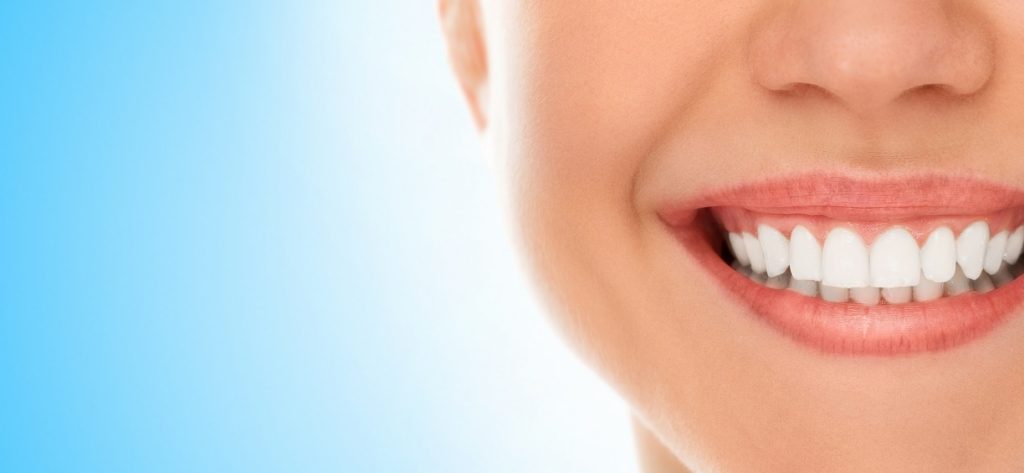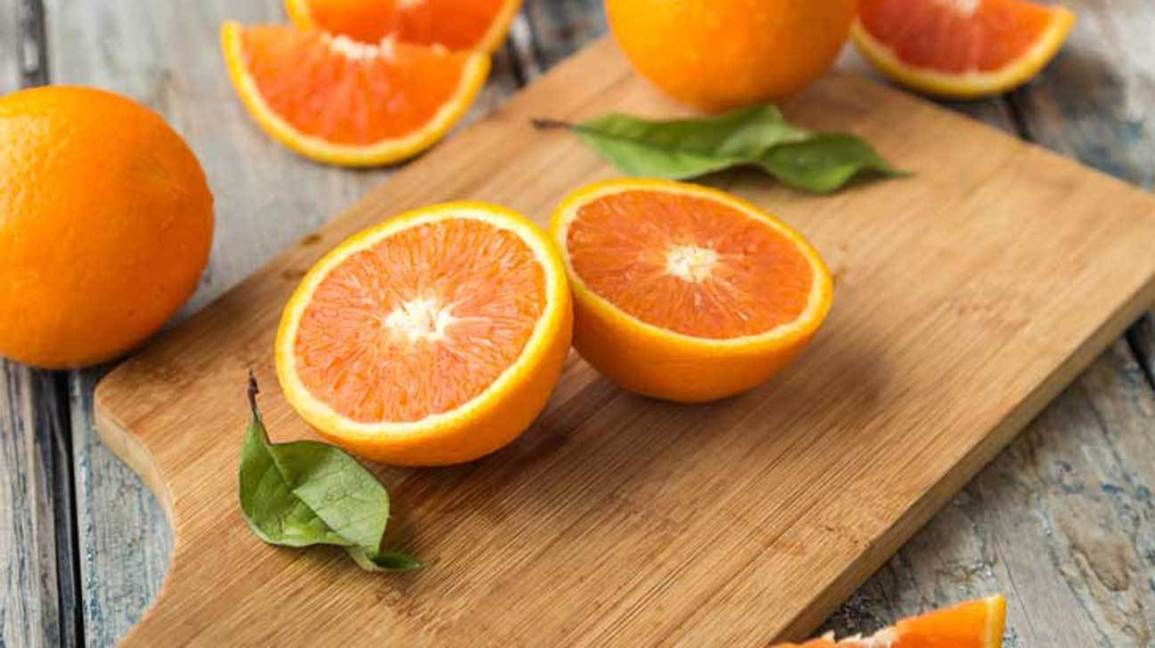Healthy living is a long-term commitment. But there are steps you can take right now that will make your today healthier than yesterday and pave the way for healthy living tomorrow. So why are you waiting? Start following healthy living practices suggested by experts on HelloDox.
Ever wondered what kind of goodness there is in a banana? In addition to being rich in vitamin B6, bananas are a healthy source of vitamin C, dietary fibers and manganese. Bananas are also fat-free, free from cholesterol and virtually free from sodium. So what do you mean by these for your health?
Health benefits of bananas
1. Bananas are one of the best fruit sources of vitamin B6 Bananas vitamin B6 is easily absorbed by your body and a medium-sized banana will provide around a quarter of your daily vitamin B6 requirements.
Vitamin B6 helps your body:
produce red blood cells,
Metabolize carbohydrates and fats,
turn them into energy,
metabolize amino acids,
eliminate toxic chemicals from your liver and kidneys and
maintain a healthy nervous system.
Vitamin B6 is also good for pregnant women as it helps meet their baby’s development needs.
2. Bananas are respectable sources of vitamin C
You may not associate bananas with vitamin C, but about 10 percent of your daily vitamin C needs will be given by a medium-sized banana.
Vitamin C helps:
Secure the body from damage to cells and tissues,
your body absorb iron better,
Your body produces a collagen-the protein that keeps your skin, your bones and your body together and
Help brain health through the development of serotonin, a hormone that influences our sleep cycle, moods, and stress and nd pain.
3. Banana manganese is fine to your skin
A medium-sized banana contains around 13 percent of your daily needs for manganese. Manganese helps collagen your body and protects your skin and other cells from free radical damage.
4. Potassium in bananas is good for your heart health and blood pressure A medium-sized banana contains about 320-400 mg of potassium, which satisfies about 10 per cent of your daily potassium needs.
Potassium helps your body maintain a healthy heart and blood pressure. In addition, bananas are low in sodium. The low sodium and high potassium combination help to control high blood pressure.
5. Bananas can help with digestion and help overcome gastrointestinal problems
A medium banana offers around 10-12 per cent of your daily fiber needs. The Health Promotion Board of Singapore recommends a maximum dietary fiber intake of 20 g for women and 26 g for men.
Soluble and insoluble fibers are a big part of your wellbeing. Soluble fiber helps your body control your blood sugar level and get rid of fatty substances such as cholesterol. Insoluble fiber adds weight and softness to stools, making it easier for you to have regular bowel movements. This helps to keep your gut healthy and safe from harmful bacteria.
Bananas, especially newly-ripened ones, contain starch that does not digest (resistant starch) in your small intestine and is able to pass into the large intestine. Such bananas help you manage your weight better as you stay full for longer.
That said, bananas can help you beat gastrointestinal issues such as:
constipation,
stomach ulcers, and
heartburn
6. Bananas give you energy – minus the fats and cholesterol
Bananas contain three natural sugars – sucrose, fructose, and glucose – giving you a fat and cholesterol-free source of energy. As such, bananas are ideal, especially for children and athletes, for breakfast, as a midday snack or before and after sports.
We challenge you to name anything more satisfying than having your skin smooth and glowing. We are betting that you can not. Indeed, there's the reason most of us are willing to shell out a good amount of money when it comes to skincare products that promise to keep our youthful and supple look.
Extra virgin olive oil
Extra virgin olive oil is charged with monounsaturated fat, polyphenols and phytonutrients that play an important role in keeping the skin firm and elastic. It is also rich in vitamin E which helps prevent premature ageing signs.
Yoghurt
Yoghurt is one of the very strongest protein sources. It is calorie minimal and has plenty of good bacteria that can help with digestion. It is also filled with phosphorus, vitamin B12, riboflavin, and calcium. Good part? It can also help to do away with those fine lines on your face, in addition to its delicious taste.
Tomatoes
Red juicy tomatoes can be eaten raw or fried, and they can also be used in salads or grilled with a splash of olive oil, salt and pepper. These are rich in lycopene, a pigment that helps to reduce wrinkles and fine lines by eliminating dead skin cells and protecting the skin against damage from sunlight.
Carrots
In addition to being loaded with antioxidants, minerals and beta-carotene, the winter fruit can also help you get your glow back. In addition, beta carotene present in carrots is known to encourage youthful skin as it is a potent antioxidant. So if you're looking for firmer, toned skin, we recommend chomping on a few carrots every day.
Indian Gooseberries (Amla)
It is a cheap and abundant source of vitamin C. We all know the benefits of this vitamin; it battles free radicals, stops aging, and gives you the skin that is illuminated from within. Amla is the secret to a healthy immune system and clear skin.
What you eat plays an important role in your oral health.
A diet rich in essential nutrients invigorates your gums and teeth. This is the reason why diet counseling is an important aspect for dental caries prevention and for ensuring a pearly white smile. Dr. Kanchan Sawlani, Dentist and Research Trainee, Indian Council of Medical Research (ICMR) at Safdarjung Hospital, New Delhi says, “A food pyramid is a commonly used tool by dentists to help patients develop healthy eating habits”. Today, we will explore each section of this pyramid.
Protective foods: Some food components are somewhat caries-inhibiting (Cariostatic) and are thus called Protective Foods. These are products rich in calcium and phosphates, for example peanuts, lectin, cocoa, paneer etc. These are, up to a certain extent, capable of buffering the acids produced by the mouth’s bacteria and forming a protective barrier on the tooth enamel. Fluoride (approximately1 ppm) in drinking water and diet strengthens teeth and has an anti-cavity effect.
Breads, grains and pulses: Whole grains such as rotis, paranthas, dalia, cornflakes etc. should be preferred over refined grains like noodles, pastas, biscuits and other bakery products. Refined grains, starchy foods and sugars are fermentable carbohydrates which are the main culprits contributing to acid formation in the oral cavity.
Fruits and vegetables: Not only do these add colour and health benefits to your diet, but they provide roughage and require active chewing which leads to increased salivation that is desirable for cavity protection. Green leafy vegetables are rich in Vitamin A and proteins which keep your teeth and bones in good shape.
Milk and milk products: These are the most important source of calcium in your diet. One should drink a minimum of 250-500 ml of milk daily. Low fat pasteurized milk is preferable as excessive consumption of whole milk can increase blood cholesterol levels.
Meat, fish, poultry and eggs: Meats are rich in proteins, iron, zinc and Vitamin B12. The WHO food guide pyramid suggests that adults should eat 2-3 servings of meat products each day (each serving approximately 110 grams). If not meat, vegetarians can opt for meat alternative like tofu, beans, lentils, nuts and other high protein vegetables.
Fats, oils and sweets: Choose PUFA (Poly Unsaturated Fatty Acids) rich oils like safflower, sunflower, corn, soybean, wheat germ oil, etc. over saturated fats like ghee and butter. Frequent consumption of sweets, chocolates, caramels and cream biscuits should be avoided as these stick to the surface of your teeth and cause greater decay.
Orange is known to have several health benefits and is among the most popular fruits around the world.
Oranges can be had not only as a snack but also as a major recipe ingredient in various dishes. Nowadays orange juice is an integral part of a healthy breakfast thus promoting a healthy start to the day. They're mainly available in two categories — sweet and bitter, with the former being the type most commonly consumed. Generally an orange should have smoothly textured skin and be firm and heavy for its size. These will have higher juice content than those that are either spongy or lighter in weight.
Benefits of eating oranges
High in Vitamin C
Oranges are an excellent source of vitamin C. One orange offers 116.2 per cent of the daily value for vitamin C. Good intake of vitamin C is associated with a reduced risk of colon cancer as it helps to get of free radicals that cause damage to our DNA.
Healthy immune system
Vitamin C, which is also vital for the proper function of a healthy immune system, is good for preventing colds and preventing recurrent ear infections.
Prevents skin damage
Anti-oxidants in oranges help protect skin from free radical damage known to cause signs of aging. An orange a day can help you look young even at 50!
Keeps blood pressure under check
Oranges, being rich in Vitamins B6, help support the production of haemoglobin and also help keep blood pressure under check due to the presence of magnesium.
Lowers cholesterol
According to a study by US and Canadian researchers, a class of compounds found in citrus fruit peels called Polymethoxylated Flavones (PMFs) have the potential to lower cholesterol more effectively than some prescription drugs without side effects.
Controls blood sugar level
Fibre in oranges help by keeping blood sugar levels under control thereby making oranges a healthy snack for people with diabetes. Moreover, oranges have simple sugars. The natural fruit sugar in oranges, fructose, can help keep blood sugar levels from rising too high after eating. Its glycemic index is 40 and normally whatever foods fall under 50 are considered to be low in sugar. However, that does not mean you go about eating too many oranges in one go. Eating too much can spike insulin and may even lead to weight gain.
Lowers the risk of cancer
Oranges contain D- limonene, a compound that is touted to prevent cancers like lung cancer, skin cancer and even breast cancer. Vitamin C and antioxidants present in oranges are both important to build body’s immunity – they help in fighting cancer. The fibrous nature of the fruit also makes it cancer protective. According to a study, up to 15 per cent of cancer cases happen because of mutations in the DNA, which can be prevented with Vitamin C.
Alkalizes the body
While the basic nature of oranges is acidic before you actually digest them, they have a lot of alkaline minerals that play a role in the process of digestion. This property of oranges is similar to that of lemons, which are without doubt among the most alkaline foods.
Good eye health
Oranges are a rich source of carotenoid. The Vitamin A present in them play an important role in keeping the mucus membranes in the eyes healthy. Vitamin A is also responsible to prevent age-related mascular degeneration, which in extreme cases can lead to blindness. It also helps eyes to absorb the light.
Safeguards against constipation
Oranges have both soluble and insoluble fibre. This helps in keeping your intestines and stomach function smooth, preventing irritable bowel syndrome. Additionally, the fibre helps treat constipation to a greater extent.
Useful tip
Oranges like most citrus fruits, produce more juice when warmer — juice them when they are at room temperature. Rolling the orange under the palm of your hand on a flat surface will also help to extract more juice. Vitamin C gets destroyed fast when exposed to air, so eat an orange quickly once cut up.
Eggplants are a heavenly delight for vegetarians. Apart from being a popular choice in different cuisines, they offer a multitude of benefits as well.The nutritious eggplant, also called brinjal or aubergine, hails from the nightshade family of fruits and vegetables that includes potatoes, peppers, and tomatoes. Botanically, the brinjal is a fruit, not a vegetable and the brinjal plant grows just like tomatoes as vines. For its utility in the kitchen or rather, for cooking purposes, it is considered a vegetable. Just like other colorful veggies, this vegetable has a host of health benefits.
1. HELPS KEEPING DIABETES IN CONTROL:
The eggplants are a very rich source of fiber and low soluble carbohydrates. Thus they are highly beneficial for regulation of blood sugar levels and also to control the absorption of glucose. This makes them the best option for people suffering from type 2 diabetes.
2. HELPFUL TO THE HEART:
The cholesterol levels are brought down to a great extent by the eggplant. It also helps stabilize the level of blood pressure. All this, in turn, lowers the risk of heart diseases. The body is also kept well-hydrated thanks to the potassium content present in this vegetable. This ensures that there is no retention of fluids which prevents coronary heart diseases.
3.HELPFUL TO THE BRAIN:
Eggplant contains phytonutrients which keep the cell membranes protected from any kind of damage and facilitates the message transfer from one part to another, thus preserving the memory function.
4.HELPS IN IRON PRODUCTION:
We all require iron for proper functioning in our day to day life. However, too much iron in the body is not a good sign. The content of nasunin that is present in eggplant helps remove excess iron from the body. This brings down the risk of getting heart attacks as it damages the existence of the free radicals in one’s system.
5.FACILITATES WEIGHT LOSS:
Eggplant is considered to be high in water content yet low in calorie count. This feature makes it very ideal as a healthy diet for people who want to reduce weight. The spongy texture of the vegetable is what facilitates these characteristics, hence one must consume in its natural form as much as possible.
6. HELPS INDIGESTION:
The digestive system is kept healthy and safe because of the good content of fiber in brinjals. This prevents constipation as well. The risk of colon cancer is also eliminated.
7. KEEPS CHRONIC DISEASES AT BAY:
Eggplant reduces the chance of cardiovascular diseases and strokes.
8. HELPS QUIT SMOKING:
Eggplant has a small amount of nicotine which helps those who want to gradually quit smoking.
9. ANTIBACTERIAL PROPERTIES:
The eggplant has good amounts of vitamin C which makes it an effective anti-viral and anti-bacterial source.
Skin Benefits of Eggplant/Brinjal:
10. FLAWLESS SKIN:
Eggplants are very rich in minerals, vitamins, and dietary fiber. This helps keep the system clean from within which reflects in the form of flawless skin outside.
11. GLOWING SKIN:
Eggplants have a good amount of water content. This helps in keeping your body and skin well hydrated. The minerals and vitamins also help give a clear and smooth tone.
12. SOFT AND SUPPLE SKIN:
The water content found in eggplants helps keep your skin soft and supple.
13. ANTI-AGING:
The skin of eggplants has a lot of anthocyanins. These antioxidants act as anti-aging agents.
14. PREVENTS SKIN CANCER:
A particular antioxidant found in eggplant helps prevent skin cancer. HAIR BENEFITS OF EGGPLANT/BRINJAL:
15. STRONG HAIR:
The water content of eggplants nourishes your hair roots from within. This, in turn, helps keep your hair stronger.
16. HYDRATED SCALP:
Eggplants come with a good amount of minerals and vitamins which give nourishment to your scalp and keep it healthy. Hence it keeps scalp-related problems at bay.
17. HAIR GROWTH:
Eggplants come with enzymes that help stimulate the follicles of your hair. This generates good hair growth and makes your hair healthier.
18. HAIR TEXTURE:
People with rough and dry hair should eat more eggplants. It helps give a healthy shine to your hair while improving its overall texture.













